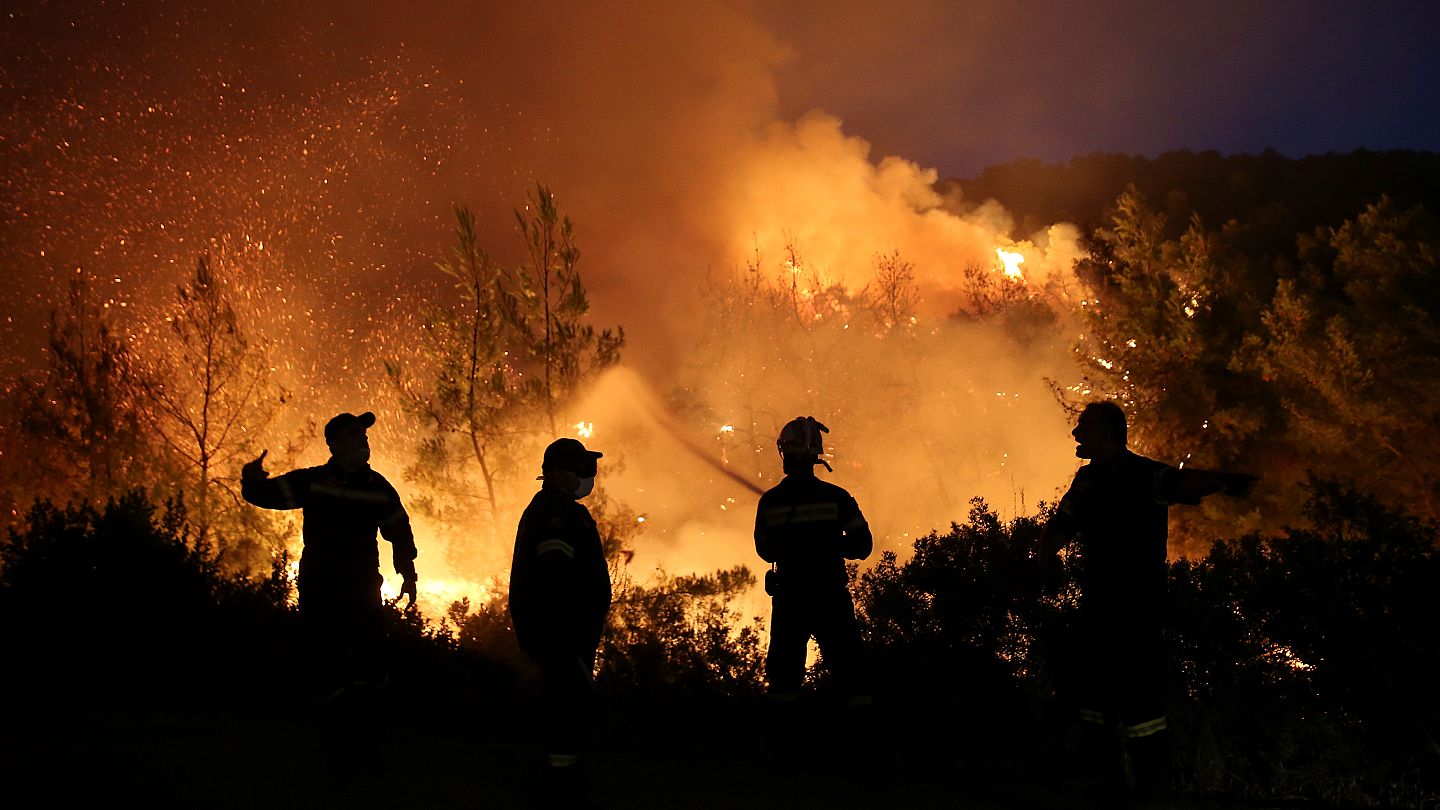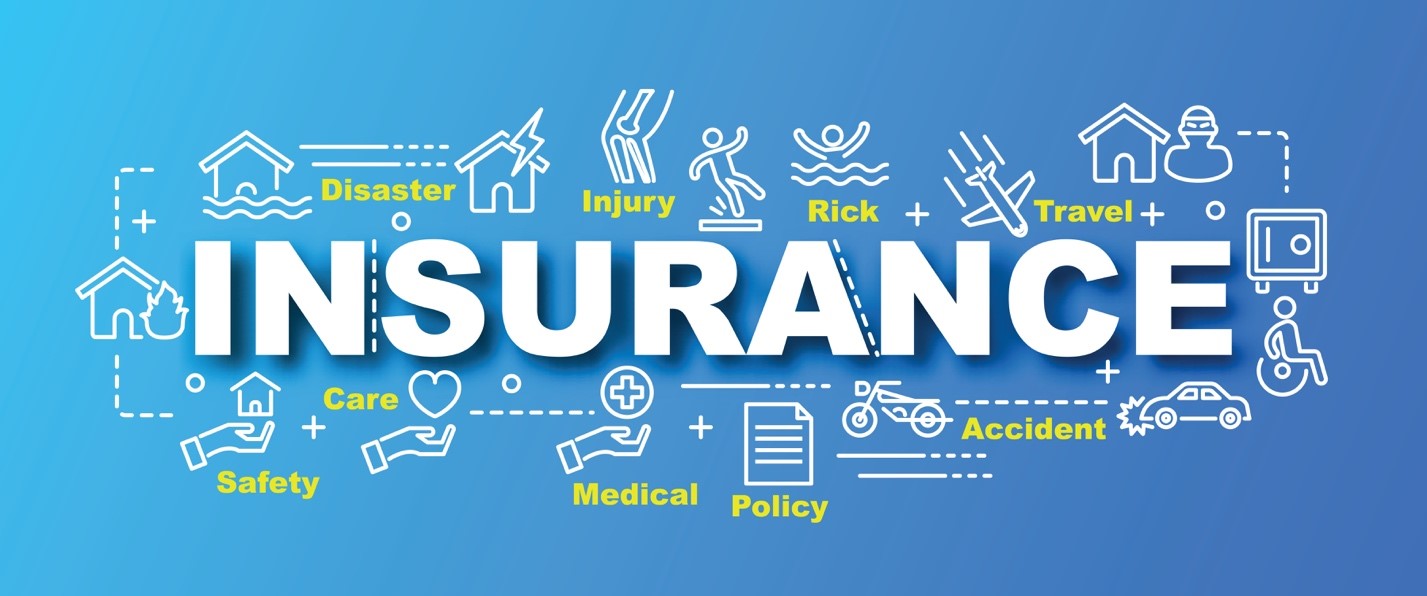For things we cannot solely control mechanically or physically like killing bacteria off surfaces, mixing two or more metals, extracting metal from their ores and the like, we have sought chemical solutions. So much so that, these chemical solutions have become an integral and necessary part of a larger process. And to enable that we now have full fledged chemical industries. These industries, more often than not, uses dangerous, unfavourable and even toxic, poisonous substances or chemicals to carry out various processes and under these circumstances, an industry worker is hardly ever completely immune. Thus, we have a list of advices that you could refer to if you are working professionals in a chemical industry.

Double (triple)-check everything
About a substantial number of accidents, minor or major, that occur in chemical industries are due to human errors. A petty negligence could result in anything from a minor insignificant spills to any mass level explosion. Whilst, it’s comparatively easy to investigate and discover accountability for fatal accidents, it far more difficult to deal with the consequences. So if you are a working professional in a chemical industry then it better that you double, in fact, triple check every thing you do.
Be vigilant and use all of your senses (except maybe, don’t go around tasting stuff)
Chemicals, sometimes, do tend to behave in a strange or funny way and you might not always know the reason for it. When chemical reacts with another chemical or its environment it could release a certain smell, noise, change in colour, some even have a difference in taste (but it’s rather better that you don’t proceed to find out) or neither. If you are appointed to supervise any chemical processes, you could be vigilant and if you find out anything odd from what is normal, then it’s better that you report it as soon as possible.
Learn to diffuse fires

A chemical industry is stacked with flammable materials, thus, it makes the place highly prone to fires. It doesn’t take longer than 30 seconds for a small fire to spread out, so try to learn to diffuse fires when they are controllable, if not then try to evacuate immediately.
Install different kinds of fire extinguishers
There are as many as 5 kinds of fires, namely, class A, class B, class C, class D and class K. All of these fires require to be controlled in equally different ways to prevent more damage. Installing necessary and relevant types of extinguishers – cartridge operated, dry power, dry chemical, halogenated and so on, becomes extremely essential. The industry could also invest in more effective equipment like a fire hose. Its imperative that all the workers know how to use them.
Keep all the necessary emergency and helpline numbers handy
In spite of prevent measures, there are still chances that you are encountered with situations that are out of your control or are unfamiliar to you (Something medical). In such instances, it’s better to keep certain emergency and helpline numbers handy and reach out to the experts.
Get an insurance

Chemical industry workers or even general factory workers are susceptible to getting injured from a fall, skin burns, other serious injuries or even develop long term diseases due to constant exposures to toxic gases or chemicals. It is indispensable that the company or the industry implement policies to provide compensations to all its workers when they are subjected to such injuries. Its precautionary to invest in health insurance to have better facilities and financial security.
Fix every leak to a T
Leaky ceilings, pipes, machines or even wet walls seem insignificant and harmless until they are not. If you are a working professional in a chemical industry, get all those leaks fixed to a T because you don’t want to live out a Final Destination movie, at least not when lives are involved.
Slippery floors are often the most common cause of accidents or sometimes even death.
Don’t be lazy while wearing protective gears
Chemical factories or industries already have a reputation of being hazardous and toxic for more people and environment than we can imagine. So don’t risk yourself even more by not wearing personal protective gears properly as it is instructed in the guidelines.
Dispose chemical garbage carefully
Careful handling of chemicals is a fundamental and crucial task when you work in a chemical industry. Though, your task doesn’t end till you’ve disposed the waste such that it is ineffective when dumped and doesn’t cause any harm to the environment or the laymen.
Ask as many questions as you can
It is possible that you don’t know everything about everything that is used (in case of chemicals and equipment) or goes on in your company. The only solution to this is ask as many questions as you can. If your mentors or seniors are hostile then try to read about those doubts to be certain.

We hope that these advises were helpful.
Also read,
Top 8 Universities for Masters in Chemical Engineering in Canada(Opens in a new browser tab)
10 qualification for working professional for the steel industry.(Opens in a new browser tab)
Related posts:
- 10 Skills required to get an AI job
- Tips to Grow your Career as an Astronomer
- 10 Qualities of a Good Employee
- Tricks to grow your career as a Photographer
- Tips to grow as a Dairy Scientist
- 8 Tips to Grow your Career as Pharmacist
- 8 tips to grow your career as a Graphic Designer
- TOP 9 COMPANIES FOR IT WORKING PROFESSIONAL




















